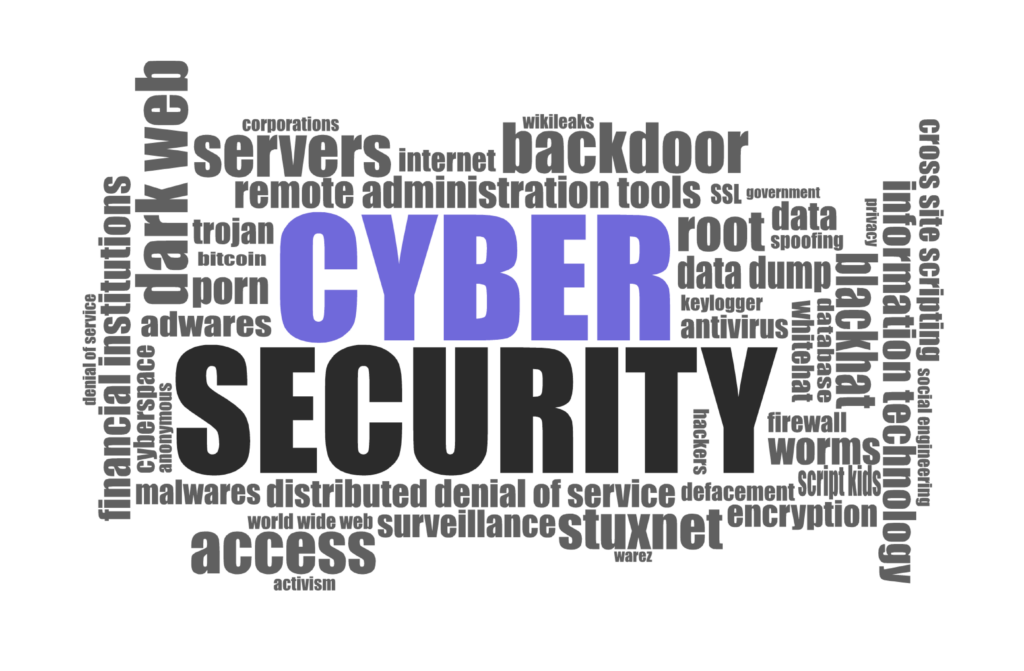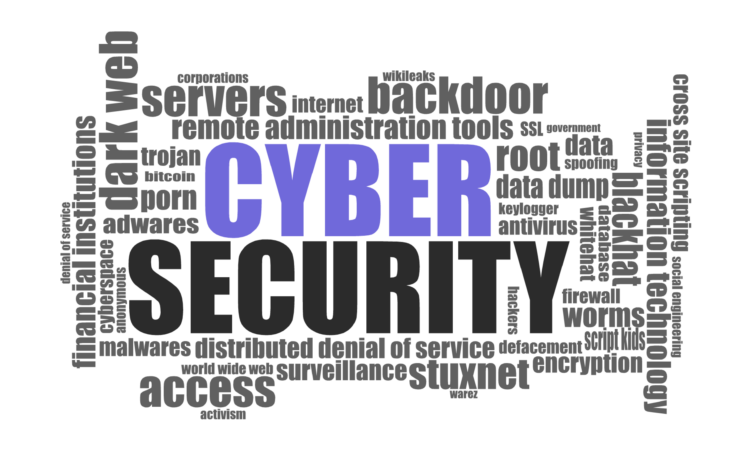How to Protect Your Small Business from Cyber Threats

We’ve all heard of a cyber security attack, data breach, or computer scam effecting someone else, but we never expect it to happen to us. It seems like a far-fetched idea, that your small business could be the target of a cyber threat. The truth of the matter is that upwards of 30,000 websites are hacked daily. In 2021, there were 22 billion recorded cyber breaches, and it looks like that number will continue to grow.
The current market size for cyber security is estimated to be around $200 billion – and there is good reason for that. Each year, more and more small businesses are protecting themselves from cyber threats.
In this article, we’ll divulge into all things related to small business cyber security, covering everything you need to protect your business.
What is a Cyber Attack?
In its most basic form, a cyber attack is an assault launched by one or more cybercriminals. Such criminal(s) will use one or more computers against other computers or networks.
The four most common types of cyber attacks include:
- Malware: Malware covers a variety of different malicious software that cybercriminals may install on a device to harm the device or steal confidential information.
- Viruses: Computer programs that reproduce on a device, infecting it, and causing it to slow, crash, or enable other malware to be installed.
- Ransomware: Blocks access to computer files, systems, or network. Normally installed by a cyber criminal who will demand a “ransom” to remove the blocked access.
- Phishing: A digital trick, normally sent through an email that looks legitimate and is designed to trick people into providing confidential information.
Data Back-up
In the cases of ransomware and other data-focused cyber attacks, it’s always best to back-up data away from the local operating system. Most small businesses would benefit from at least backing up their data with a cloud library. A cloud backup is not visible to the local administrator operating system. This means that the cyber criminal would require additional sophistication to gain access to the cloud-protected credentials. It’s also not a bad idea to back up important files on a hard drive or thumb drive.
Keep Systems and Software Up to Date
Just like technology as a whole, cyber threats are constantly evolving. The good news is that operating systems and software frequently update their programs to protect against the evolving cyber threats.
Not updating your systems and software, may leave your business exposed to losing important data or even compromise access to key accounts. Updates for operating systems and software are one of the easiest ways to protect your network and devices from today’s most pressing cyber threats.
Activate Data Encryption
Encryption is a way of securing the transfer and hosting of sensitive information. It can keep your device safe, alongside others that share sensitive information. The data encryption process involves complex codes and keys, which lock your information from external access.
Encryption ensures that no one can access your data except you and the intended recipient. It’s a primary security measure that’s used by governments and large organizations across the world.
Use Multi-Factor Authentication
Multi-factor authentication (MFA) allows businesses to protect accounts and key pieces of information with more than one method of authentication. There are a few types of multi-factor authentication:
- SMS One-Time Password: Alongside username and password, successful authentication requires a 6-8 digit code that is sent to your mobile device via SMS text message.
- Time-Based One Time Password Authenticator App: This method uses a third-party app to send a one-time password to your phone in addition to the standard username and password.
- Push-Based MFA: Often used by financial institutions, this method combines the above two methods. It involves sending a pop-up message on a mobile device through a third-party authenticator app to confirm login.
Replace Passwords with Passphrases
The typical password is becoming easier to infiltrate by cyber criminals. To prevent access to dangerous cyber attacks, it’s recommended to use a passphrase instead of a password. Passphrases are longer (at least 12 characters) and use a complex mix of upper and lowercase letters, numbers, and special characters.
To create a passphrase, take your favorite saying, song lyric, or other phrase and switch out key characters. Here is an example:
I love you dear becomes: !L0v3y0Ud3@R
Comprehensive Monitoring System
A cyber security monitoring system is a proactive measure put in place to help detect and prevent any possible cyber threats. It can reduce the number of threats your systems, networks, and devices receive and provide an in-depth evaluation of the existing security measures. Help from a website management specialist will allow you to put security risks to bed with regular monitoring, backups, and security updates. It’s the best way to take care of possible cyber threats, putting your mind at ease so you can focus on your business.
Implement Security Policies
If your business requires your employees to use the company’s network and devices on a regular basis, it’s absolutely essential to implement a set of security policies. Some of the most important policies are:
- Using strong passphrases
- Internet usage guidelines
- Use of a firewall
- Multi-factor authentication
- Anti-malware software
Educate Yourself about Cybersecurity
Business security concerns come in different forms. As cyber attacks are always evolving, it’s important to keep yourself educated. Both the NCSAM and the SBA offer great tools and tricks on small business owners preparing and protecting against cyber threats. It’s also not a bad idea to encourage or even require the same education of your leading employees.
Ensure Customer Protection from Cyber Attacks
In addition to worrying about their own protection from cyber threats, business owners also have to consider their customers. One way to enhance the customer experience and even get a leg up on the competition, is to outfit your business’s website and service with cyber security measures.
When customers interact with your website, they are putting their own networks and devices at risk too. By supporting your business with a fully secure website, you can ensure that your own data and your customers’ data is protected.
If you’re ready to protect your business against security threats, feel free to reach out to our team at Liberte Tech. With our help, your website will be updated, backed-up, secured, and encrypted – allowing you to focus on the aspects of your business that matter most.


